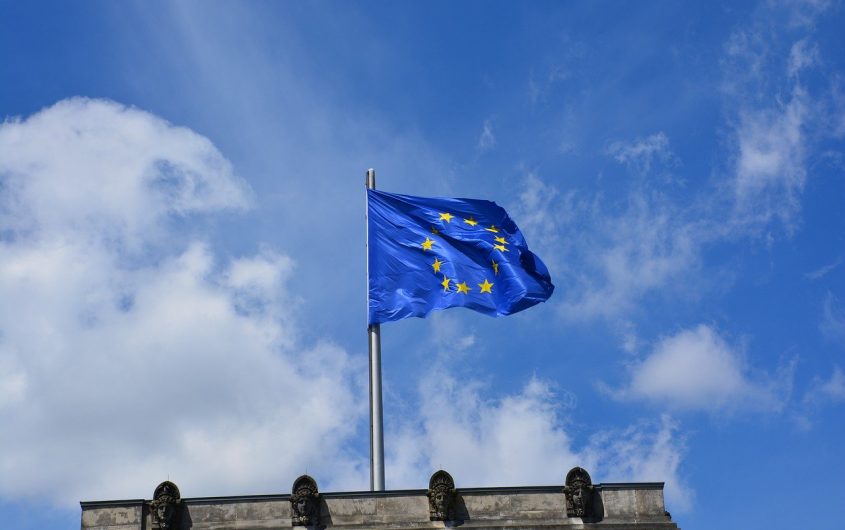
A Council Presidency in Crisis
Evaluating Accomplishments and Shortcomings
From July to December 2020 Germany held the rotating presidency of the EU Council of Ministers. Like its earlier Council experience in 2007, this was a presidency dominated by crisis. That crisis required Germany to find a solution after the member states failed to adopt the EU Constitutional Treaty, eventually resulting in the 2009 Lisbon Treaty. The 2020 crisis is of a different nature. The COVID-19 pandemic dominated the German and the EU agendas as well as their working procedures. In this situation, the expectations of the member states were (perhaps) set too high regarding what the German Presidency could and should have achieved. Many called for stronger “leadership” – especially on the part of Chancellor Merkel – to secure the future of European integration in unprecedented times.
This talk will describe the issues and objectives that Germany had placed on its official Presidency agenda and the ways in which it was adapted in response to the pandemic. It then evaluates what was accomplished and what items remain on the agenda to determine whether its “leadership” expectations were fulfilled. It concludes with reflections on the Council Presidency’s significance for Merkel’s EU legacy.
Prof. Dr. Gabriele Abels is Jean Monnet Chair of Comparative Politics and European integration at the Institute of Political Science, University of Tübingen, Germany. Her research interests center on German and EU politics, European integration theories, gender perspectives, and the role of parliaments and the regions in the EU. Her recent publications include The Routledge Handbook of Gender and EU Politics (Routledge 2021), co-edited with A. Krizsán, H. MacRae and A. van der Vleuten; Regional Governance in the EU: Regions and the Future of Europe (Edward Elgar 2019), co-edited with Jan Battke; and Gendering European Integration Theory: Engaging new Dialogues (Barbara Budrich Publishers 2016), co-edited with Heather MacRae.
Prof. Joyce Marie Mushaben is a Curators’ Professor of Comparative Politics and former Director of the Institute for Women’s & Gender Studies (2002-2005) at the University of Missouri – St. Louis. Fluent in German, her teaching centers on comparative public policy, the European Union, women’s leadership, citizenship, immigration, mega-cities and sustainability issues. Her research covers new social movements, youth protest, German unification and identities, gender, ethnicity and welfare issues, EU migration and integration studies.
This webinar will convene via Zoom. Contact Elizabeth Caruth with any questions at ecaruth@aicgs.org.
This webinar is supported by the German Marshall Fund of the United States.






